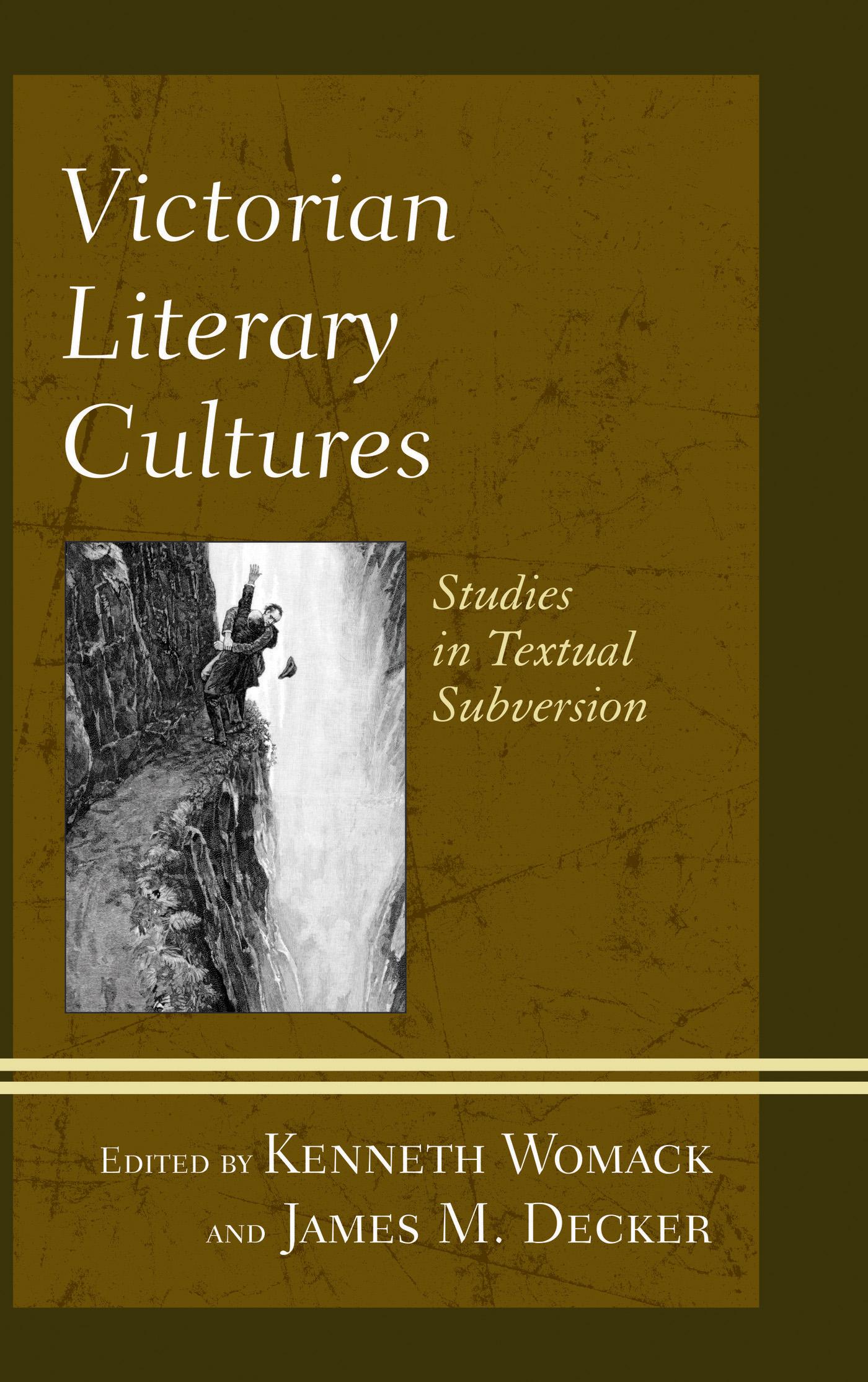Victorian Literary Cultures
Victorian Literary Cultures
Studies in Textual Subversion
Edited by Kenneth Womack
and James M. Decker

FAIRLEIGH DICKINSON UNIVERSITY PRESS
Madison Teaneck
Published by Fairleigh Dickinson University Press
Copublished by The Rowman & Littlefield Publishing Group, Inc.
4501 Forbes Boulevard, Suite 200, Lanham, Maryland 20706
www.rowman.com
Unit A, Whitacre Mews, 26-34 Stannary Street, London SE11 4AB
Copyright 2016 by [author name for authored books/Rowman & Littlefield for edited collections]
All rights reserved. No part of this book may be reproduced in any form or by any electronic or mechanical means, including information storage and retrieval systems, without written permission from the publisher, except by a reviewer who may quote passages in a review.
British Library Cataloguing in Publication Information Available
Library of Congress Cataloging-in-Publication Data
Library of Congress Cataloging-in-Publication Data Available
ISBN 978-1-61147-664-4 (cloth: alk. paper)
ISBN 978-1-61147-665-1 (electronic)
 TM The paper used in this publication meets the minimum requirements of American National Standard for Information Sciences Permanence of Paper for Printed Library Materials, ANSI/NISO Z39.48-1992.
TM The paper used in this publication meets the minimum requirements of American National Standard for Information Sciences Permanence of Paper for Printed Library Materials, ANSI/NISO Z39.48-1992.
Printed in the United States of America
For William Baker,
Bibliographer, Teacher, Critic
Acknowledgments
Special thanks are due to the many friends and colleagues who made this volume possible. The editors are particularly grateful to the supportive and highly professional team at Fairleigh Dickinson University Press, especially the esteemed Harry Keyishian, the Director of the press and Professor Emeritus of English. At Monmouth University, we would like to thank Lynne Clay, Nancy Mezey, Judy Ramos, and Michael Thomas. We would like to thank Penn State Altoonas Lori J. Bechtel-Wherry, Brian Black, Michele Kennedy, Peter Moran, and Nancy Vogel. Finally, we are indebted to our Illinois Central College colleagues, including Susan Hillabold and Stuart Boyd. Ken would like to thank his wife Jeanine for her steadfast love and support. James would like to thank Stephanie Guedet for her unflagging love and keen critical eye, as well as his children, Siobhan, Anastazia, and Evan, for their inspiration.
Introduction: Subversive Literary Cultures
Kenneth Womack
In a recent study, Astrid Peterle considers a central paradox of subversion: its simultaneous ability to critique dominant ideology by shifting hegemonic meanings and codes and its mainstream tendency to reinforce prevailing social mores. Judith Butler implicitly concurs in her observation that subversive performances always run the risk of becoming deadening clichs... through their repetition within commodity culture where subversion carries market value (xxii). Such a variance in meaning calls to mind Terry Eagletons comment on overly broad definitions of ideology that it threatens to expand to vanishing point. By being both ideologically dangerous and utterly normative, the concept of subversion risks losing critical potency or, at the very least, forfeiting its ability to enable the possibility of action (Lui 56). Nevertheless, as Peterle somewhat grudgingly acknowledges, artistic practice has the potential to open up alternative ways of perception by making visible, switching, affirming (and so on) hegemonic meanings. Victorian Literary Cultures: Studies in Textual Subversion explores such artistic practicefrom writers both socially committed and otherwiseand provides readers with close textual analyses regarding how subversion either critiques or reinforces the so-called mainstream. By drawing clear cultural contexts for the writers under reviewincluding such canonical figures as George Eliot, Charlotte Bront, and Sir Arthur Conan Doyle, as well as new readings of lesser-known works by Carlton Dawe and Helen Dickensthe critics in this anthology offer diverse example of subversionboth intentional and unintentionalas an enduring literary phenomenon.
A notoriously unstable term, subversion can refer to multiple practices and concepts. At the center of the controversy lie the entangled relationships among writer, text, and reader. For some theorists, such as Leo Strauss, the writer initiates the subversive act, concealing obtrusively enigmatic features (36) in plain sight so as to pass along potentially radical ideas to a select group of readers who can see between the lines (24). In this way, as Jos Manuel Losada Goya and Marta Guirao Ochoa would have it, subversion is carried out with an end in mind (3). The effectiveness of this overt action, however, is called into question by theorists such as Louis Althusser, who argues that such subversion merely contributes to the maintenance and nourishment (157) of the dominant ideological state apparatuses, a position echoed by Stephen Greenblatt (via Foucaults views on power in works such as Discipline and Punish): power defines itself in relation to such [subversive] threats (50). For Greenblatt, authority can quickly and seamlessly contain such alien forces (5253). In other words, the active subversion proposed by Strauss may ultimately reinforce, rather than destroy, the dominant ideology, for it is merely co-extensive with it.
Others, such as M. M. Bakhtin and Judith Butler, take a more sanguine view and submit that in certain circumstances intentional subversion can succeed in challenging the hegemony. Bakhtins concept of carnival, with its mockery and grotesque realism suggest, contra Greenblatt, that subversion could break through its sanctioned (contained) space and demonstrate that the dominant ideology could indeed be questioned in narrative (19). Butler, although aware that power relations such as those discussed by Althusser could negate or postpone the... task of rethinking subversive possibilities for sexuality and identity (42), nevertheless argues that intentionally subversive performances could expose the phantasmatic structure (42) of normative identity because the very multiplicity of their construction holds out the possibility of a disruption of their univocal posturing (44). For both Butler and Bakhtin, the presence of multiple voices casts doubt on the naturalized state of the dominant ideology and implies that an intentional authoror series of intentional authorscan effect lasting change.
Roland Barthes and Tony Bennett, however, minimize the role of the writer and highlight the subversive nature of the text itself, particularly when engaged by an active reader. In S/Z, Barthes outlines his concept of a plural text in which a galaxy of signifiers (5) resist a singular meaning and subvert the opposition between true and false (44). The infinitely connotative possibilities of such narratives are by their nature subversive in that no officially sanctioned interpretation can negate the possibility of heterodox ones. Tony Bennett, thus, can claim that the task of a subversive reader (Marxist for Bennett, but the principle applies beyond a single ideology) is not that of reflecting or bringing to light the politics which is already there as a latent presence [but of] producing a new position for it within the field of cultural relations and, thereby, new forms of use and effectively within the broader social process (136). In other words, as Keith M. Booker writes, the role of the critic [is] activating the subversive potential of a text (10).
Next page
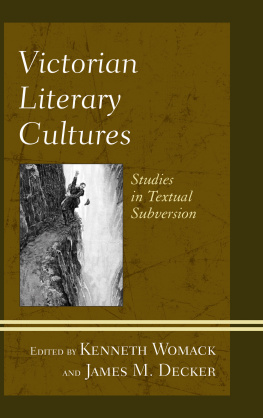



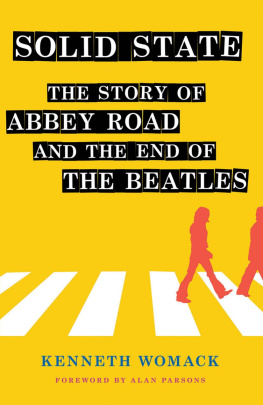

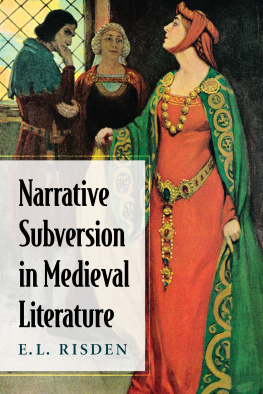

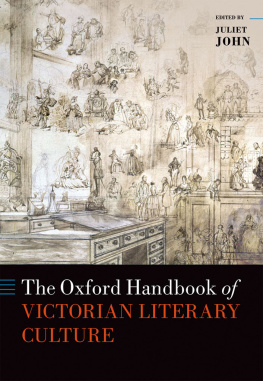
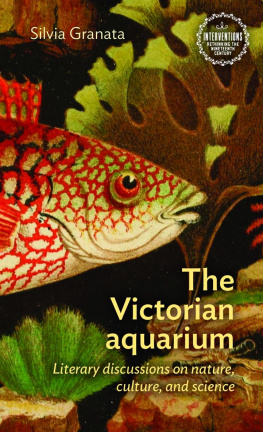
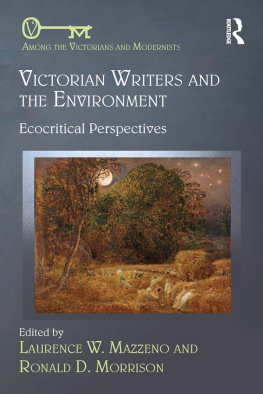
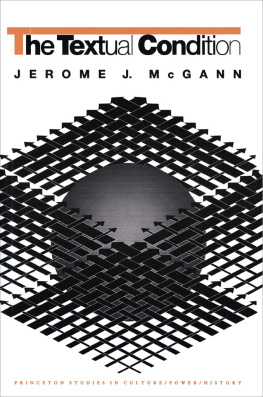
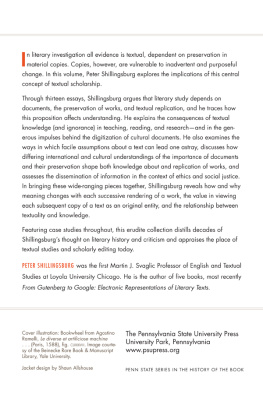
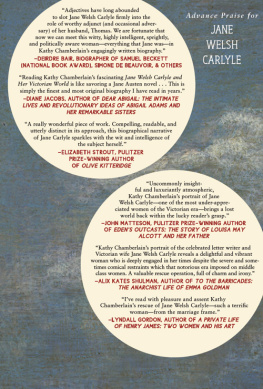

 TM The paper used in this publication meets the minimum requirements of American National Standard for Information Sciences Permanence of Paper for Printed Library Materials, ANSI/NISO Z39.48-1992.
TM The paper used in this publication meets the minimum requirements of American National Standard for Information Sciences Permanence of Paper for Printed Library Materials, ANSI/NISO Z39.48-1992.